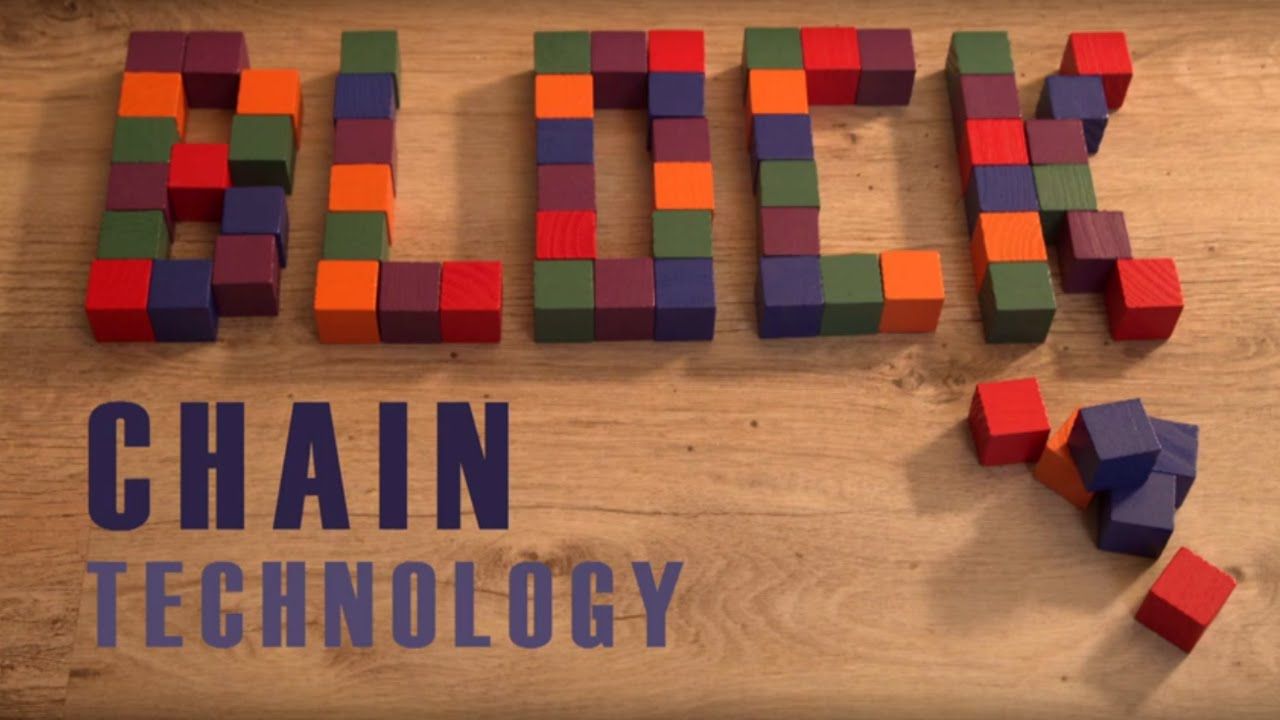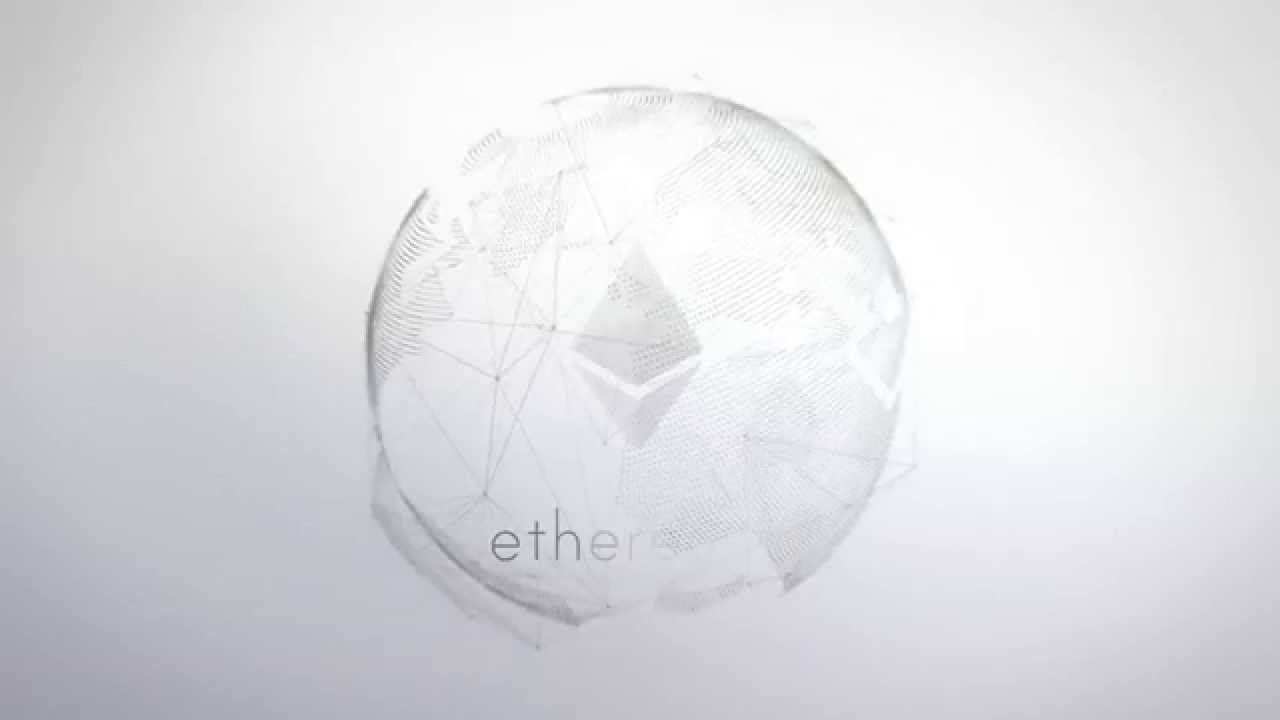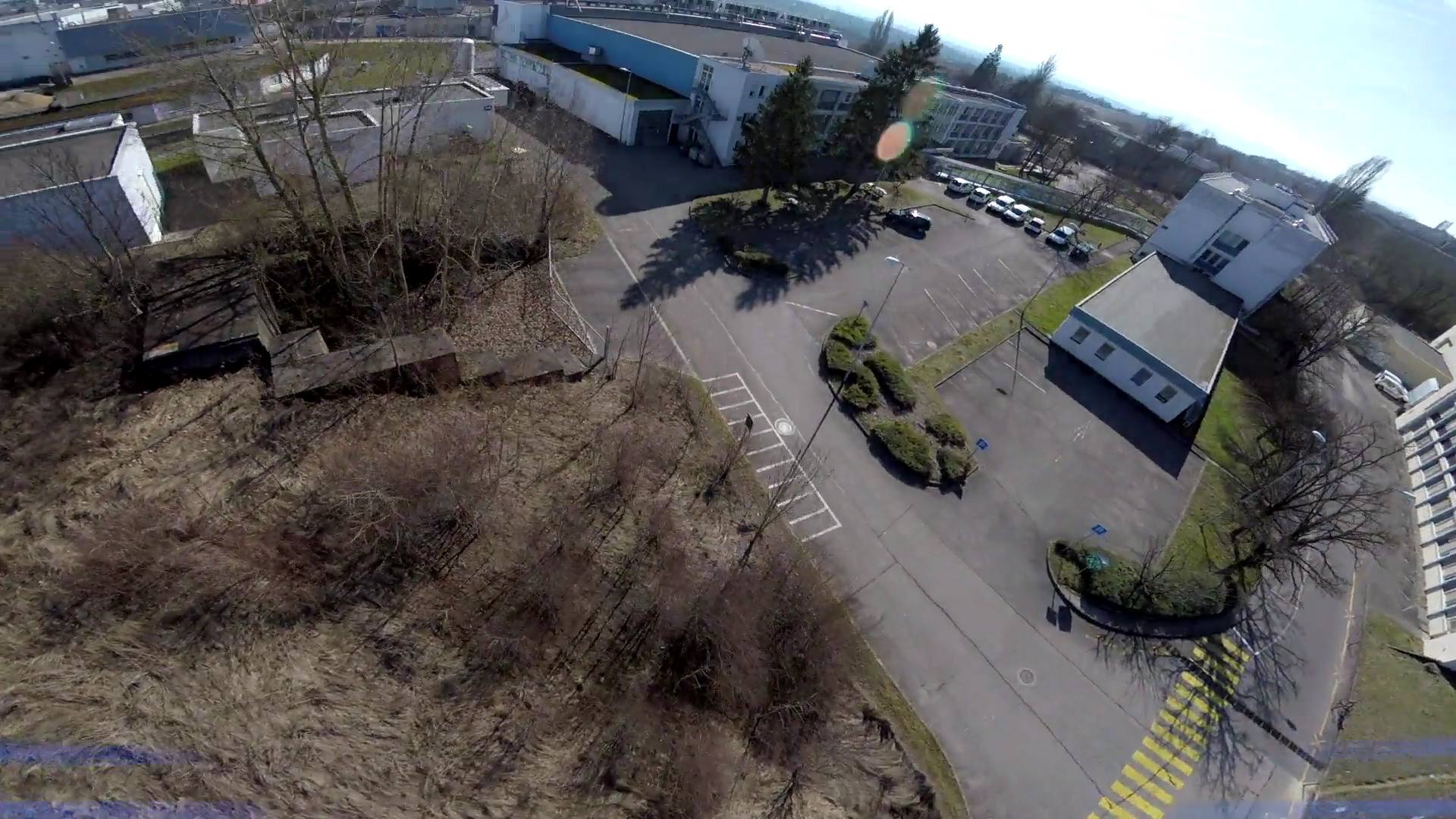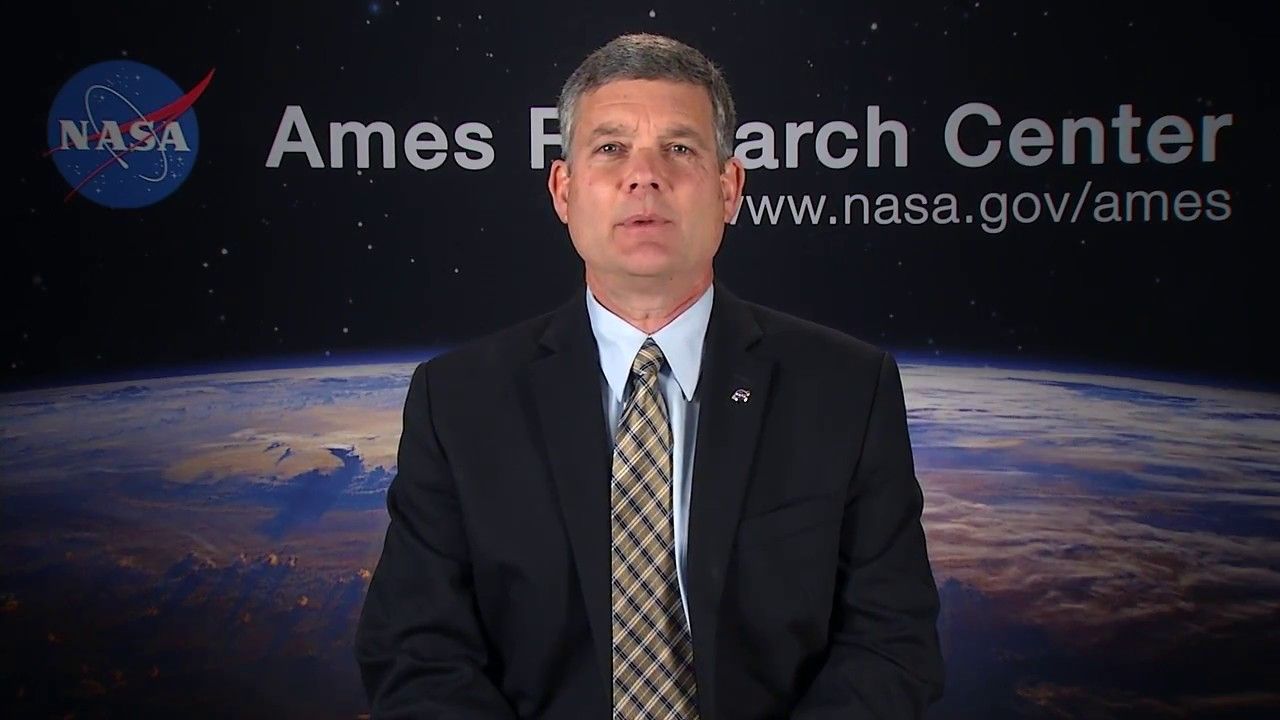May 16, 2017
New Lockheed Martin Exoskeleton Helps Soldiers Carry Heavy Gear
Posted by Klaus Baldauf in categories: computing, cyborgs, transhumanism
TAMPA, Fla., May 16, 2017 /PRNewswire/ — Their demanding missions often require soldiers to carry heavy equipment packs long distances over rough terrain, or up and down stairs and underground infrastructure in urban environments. Exhaustion and injury are frequently a consequence of these challenging operational scenarios. A new exoskeleton from Lockheed Martin (NYSE: LMT) offers a solution.
Using licensed DermoskeletonTM bionic augmentation technology, the FORTIS Knee Stress Release Device (K-SRD)TM is a computer-controlled exoskeleton that counteracts overstress on the lower back and legs and increases mobility and load-carrying capability. It boosts leg capacity for physically demanding tasks that require repetitive or continuous kneeling or squatting, or lifting, dragging, carrying or climbing with heavy loads.
Continue reading “New Lockheed Martin Exoskeleton Helps Soldiers Carry Heavy Gear” »


















